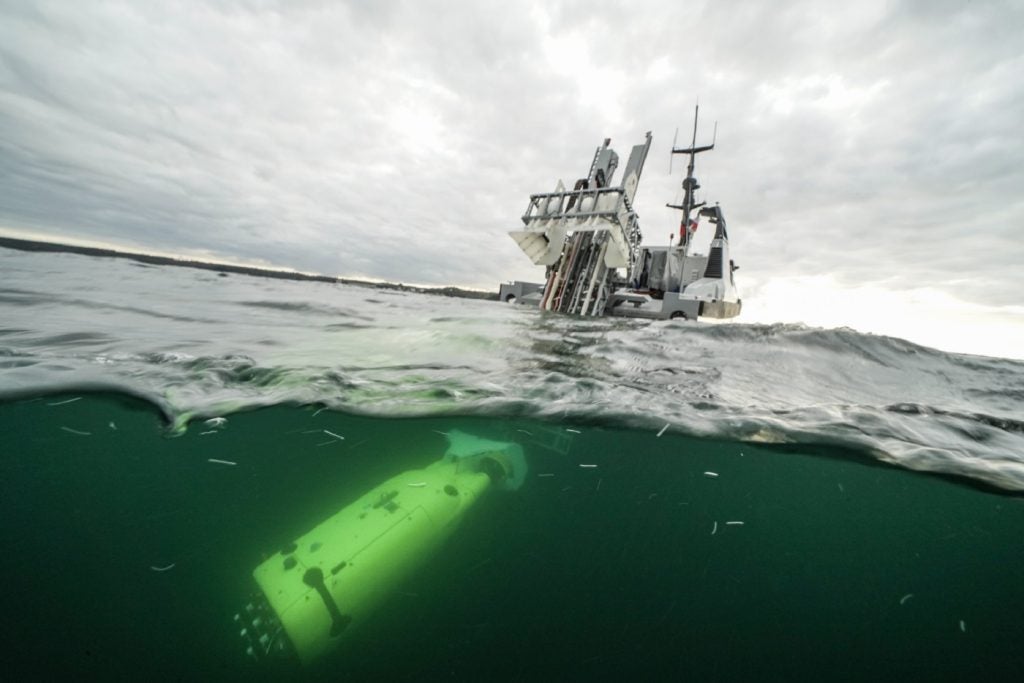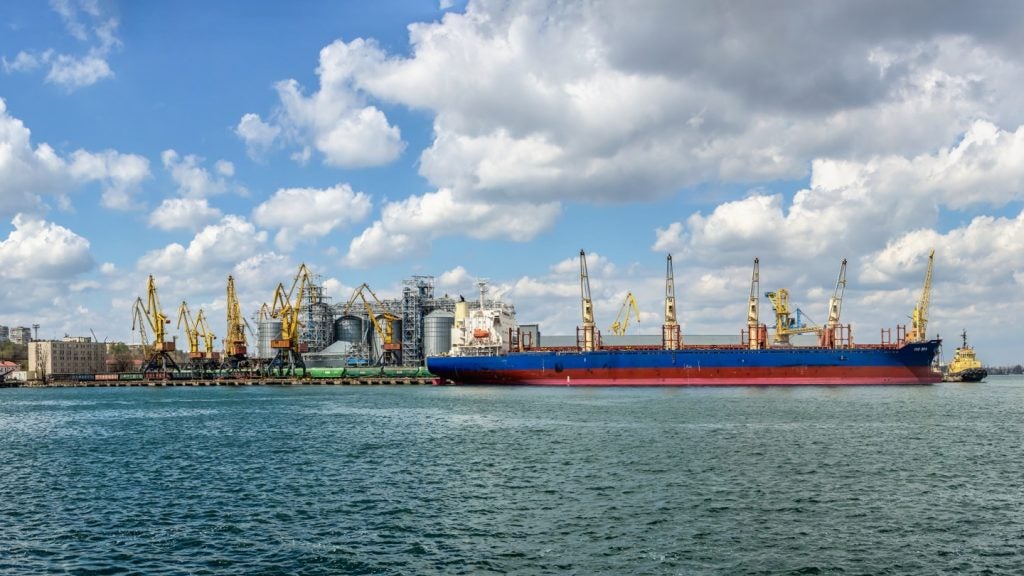Thales has successfully conducted at-sea trials of an integrated drone-based system, marking a leap forward in naval mine countermeasures.
This system, part of the Franco-British maritime mine countermeasures (MMCM) programme, employs technology, including uncrewed surface and underwater vehicles, sonars, artificial intelligence, and cybersecurity, to detect and neutralise sea mines.
Thales has showcased the world's first fully integrated drone-based mine countermeasures system's capabilities through a series of at-sea trials. This system, underpinned by the M-Cube mission management system (MMS), integrates and controls multiple uncrewed surface and underwater vehicles equipped with sonar technology and other systems.
Anglo-French maritime milestone
This achievement offers the UK Royal Navy and the French Navy a drone-based mine countermeasures capability.
During remote sea trials conducted from the command centre in Brest, France, Thales demonstrated the last component of its mine countermeasures system – the remotely operated underwater vehicle. This vehicle showcased its ability to neutralise sea mines, marking an advancement in autonomous technologies, artificial intelligence, cybersecurity, and uncrewed systems.
The MMCM programme, aligned with the French Navy and the Royal Navy's operational needs, delivered two prototype systems after at-sea qualification in conditions up to sea state 41. Since the end of 2021, both navies have been evaluating operational aspects and will soon take delivery of six series-produced systems between 2024 and 2025.
These sea trials, conducted with representatives from the French Navy, the French defence procurement agency, the Royal Navy, the UK Ministry of Defense, and OCCAr, demonstrated the system's ability to locate and identify sea mines. Furthermore, the remotely operated underwater vehicle deployed exercise charges on both bottom and moored mines, completing the neutralisation process.
Real-world testing
All these demonstrations occurred under realistic sea conditions, with Thales's operations centre in Brest orchestrating remote control and portable operation centre functions, supported by personnel from the Marine Nationale.
This development introduces a paradigm shift in mine countermeasures operations, ensuring naval personnel remain outside the mine danger area. Advanced systems, backed by AI algorithms, enable real-time and post-mission sonar data analysis.
The integration of the first series-produced subsystems into the overall system of systems has commenced at the Brest site. These subsystems include uncrewed surface vehicles equipped with either the TSAM towed array sonar or the remotely operated underwater vehicle (ROV) for mine identification and neutralisation.
Operators in the Portable Operation Centre (POC) or the Shore Operation Centre (SOC) carry out mission preparation, monitoring, control, and evaluation.
Gwendoline Blandin-Roger, Vice President of underwater Systems at Thales, expressed her commitment to this programme since its inception in 2015, stating, "Our teams and partners have been investing their skills, energy, and passion to ensure that Thales can step up to the technological challenges of this extraordinary program.
We are fully committed to providing the French Navy and the Royal Navy with the most innovative technologies in order to protect their strategic assets and keep naval personnel out of harm's way. These latest milestones offer further proof of our unflagging determination to meet these goals."
In January 2021, Saab supplied its multi-shot mine neutralisation system for the MMCM programme in a £26.8m contract from Thales.











